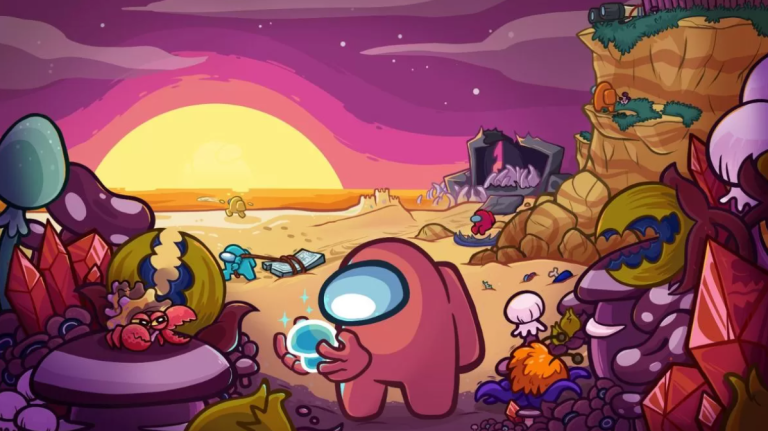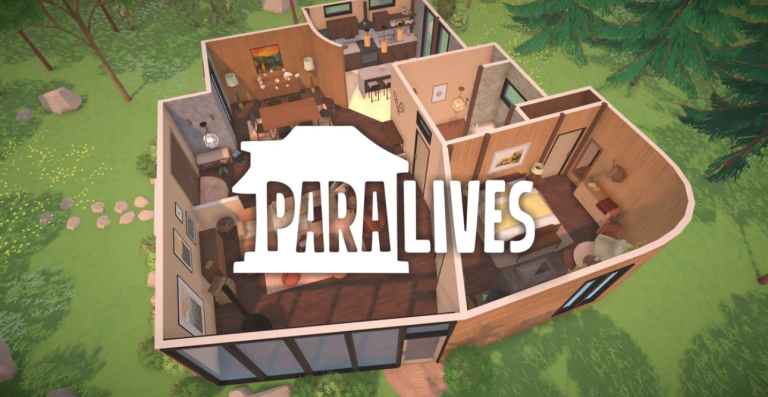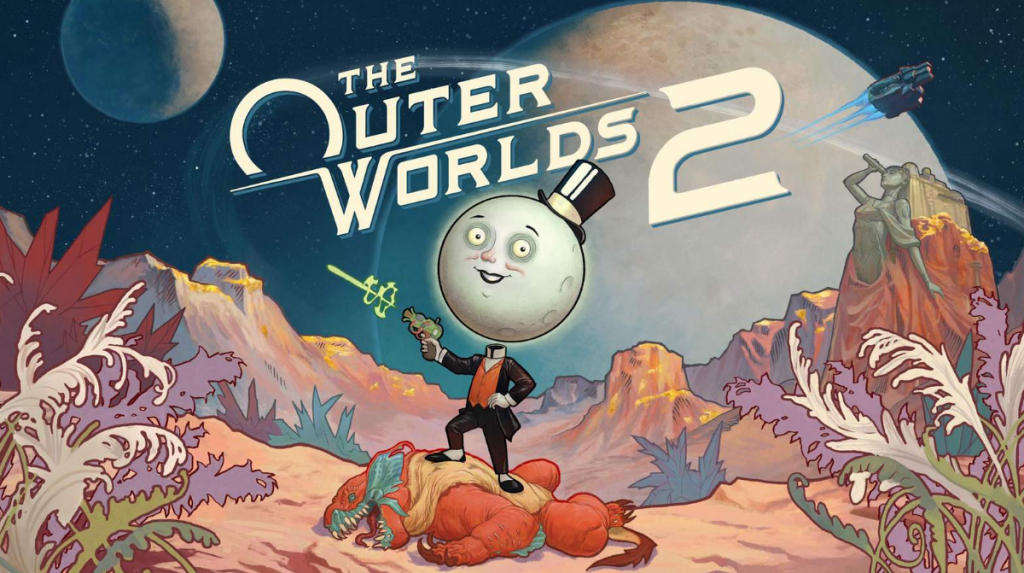
When I was chatting with some friends about The Outer Worlds 2, I casually said, “I think I’m gonna play that character who’s totally clueless, has no skills, and somehow ends up as the hero.” One of them immediately jumped in: “You mean the Roustabout? I was thinking the same thing. That background is too real.” We laughed for a while because honestly, the whole premise just hits close to home.
During the recent Xbox Games Showcase, Obsidian finally gave us a deep dive into The Outer Worlds 2. What caught my attention wasn’t the flashy combat or the expansive alien worlds—it was something much more grounded: the character backgrounds. In the “Choice & Reactivity” segment, a list of available origins appeared on screen, and among them stood one that instantly stole the show: the Roustabout.
The description begins with, “You’re not quite sure what happened.” That alone already paints a picture. I imagined a regular guy zoning out on a space shuttle, only to hear his name over the intercom as the person who took down a galactic villain. Like someone who walked into the wrong room and accidentally got promoted. Haven’t we all dreamed of stumbling into greatness by pure accident? But in real life, most of us feel like the Roustabout—no special skills, constantly winging it at work, silently hoping no one calls on us in meetings.
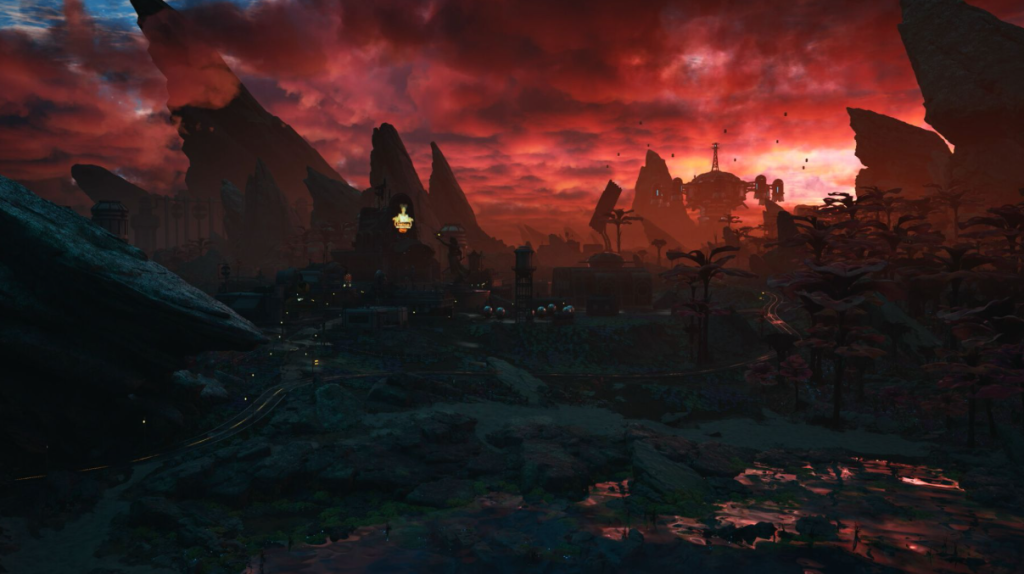
The Outer Worlds 2 throws you into the role of an Earth Directorate agent—a kind of cosmic lawman patrolling chaotic colonies and restoring order. You’re not a nobody this time. You start the game with an actual position of authority. But who you were before joining this space-faring organization is defined by the background you choose, and that shapes how the game world interacts with you.
There are a few choices: the Lawbringer, a product of hardship who now fights for justice; the Professor, an academic with ties to shady artifact deals; the Renegade, a fugitive hiding under the Directorate’s radar. Each one paints a vivid backstory. But none are quite as charming—or relatable—as the Roustabout.
Let me quote the full in-game description:
“You’re not quite sure what happened. You simply wanted to find a job that used your particular set of skills. Which would be ‘none.’ Yet, one accidental death of a well-known villain later, you’re now known as a gunslinging Earth Directorate agent not to be trifled with. You often find yourself wondering if this ‘Earth Directorate’ has any good cashier openings.”
That’s the kind of writing that makes you laugh and wince at the same time. Who hasn’t lived a moment like that? Your first day on the job, you’re handed a task with no context, and everyone assumes you know exactly what to do. Or you accidentally say something smart in a meeting and now you’re leading the next big project. It’s the ultimate imposter syndrome. You panic, but you push through. That’s the Roustabout.
Game director Brandon Adler puts it perfectly: “You’re not really a hero, but you’re being treated like one.” And what makes it brilliant is that The Outer Worlds 2 doesn’t try to fix that misconception. In fact, the game leans into it. It gives you the freedom to roleplay a totally average person who lucked into the spotlight, then stumble your way forward using nothing but high Luck stats and blind optimism.
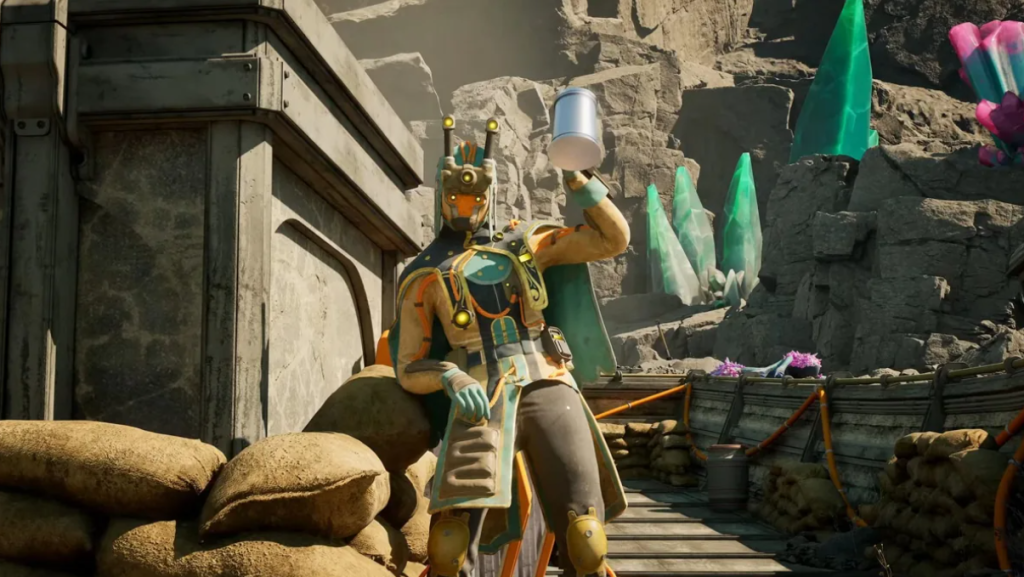
I was instantly reminded of my first job out of college. I got pulled into a major project presentation I knew nothing about, purely because I happened to be sitting near the manager when someone dropped out. I panicked, Googled things on the fly, nodded a lot, and somehow made it through. A week later someone asked if I had a consulting background. I just smiled awkwardly. Life doesn’t unfold according to plan—it hits you sideways, and you improvise.
Obsidian has always been good at mixing satire with sincerity, and it looks like The Outer Worlds 2 continues that legacy. The Roustabout isn’t just a joke character. It’s a mirror of how many of us feel moving through life—unprepared, overwhelmed, and yet inexplicably making it work.
What excites me most is that the game doesn’t shame you for picking this path. Instead, it lets you embrace the chaos, slowly grow into the role, and maybe—even if you never planned it—become the hero everyone thinks you are. It’s a narrative not of destiny, but of sheer cosmic accident.
Obsidian also announced that The Outer Worlds 2 will launch this October, with two story expansions already in the pipeline. And while the industry is filled with games pushing realism and size, Obsidian focuses on storytelling, characters, and the joy of roleplaying someone completely out of their depth. That’s what makes this game stand out.
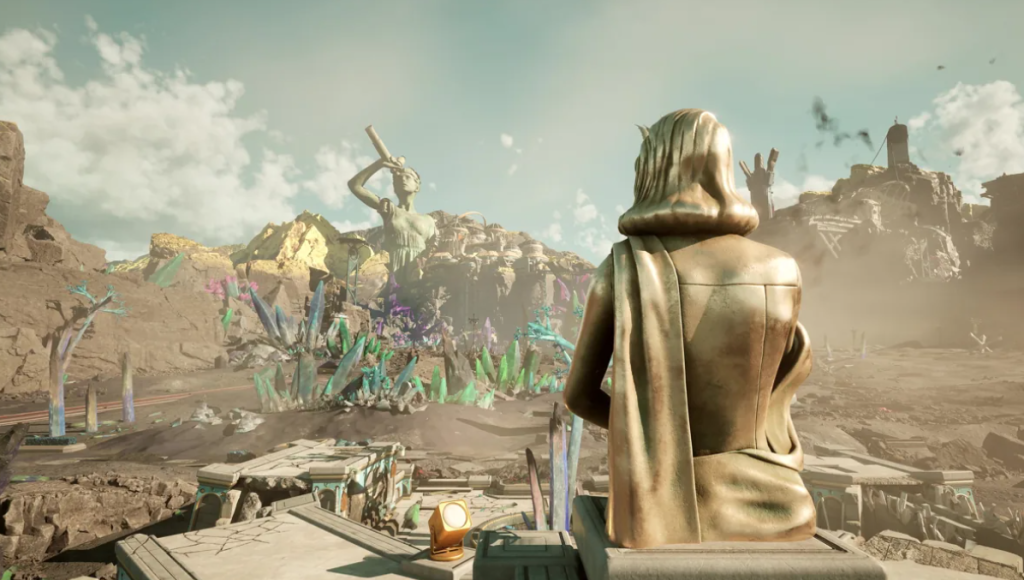
So when the game drops, I know exactly how I’ll start. I won’t be the tough Lawbringer, nor the brilliant Professor. I’ll be the confused, underqualified Roustabout. The guy who wonders if this is all a big mistake—but keeps going anyway. Because in life, just like in The Outer Worlds 2, you don’t have to start out as the hero.
You just have to show up.
![]()

